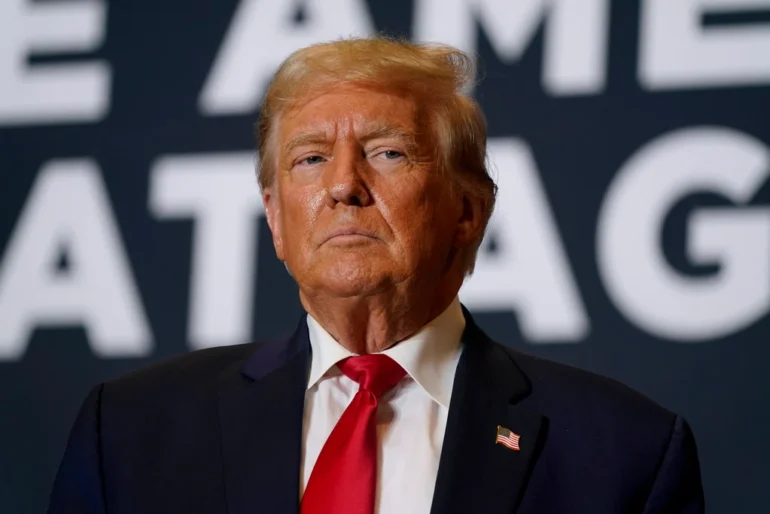US President-elect Donald Trump filed a brief on Friday urging the Supreme Court to pause the enforcement of a law that would ban TikTok the day before his inauguration, unless it is sold by its Chinese owner, ByteDance.
In the filing, Trump’s legal team argued that “the novelty and complexity of the case” warranted a stay on the statutory deadline, to allow more time to address the issues at hand and provide Trump with “the opportunity to pursue a political resolution.”
Trump, who fiercely opposed TikTok during his first term from 2017 to 2021, attempted to ban the app on national security grounds, citing concerns that the Chinese government could access data on US users or use the platform to influence what they see. These concerns, shared by some political rivals, were denied by TikTok and the Chinese government.
US officials also expressed unease about TikTok’s popularity with young Americans, accusing its parent company of being aligned with Beijing and alleging that the app was being used to spread propaganda. TikTok and China have denied these claims.
Trump had previously called for a US company to purchase TikTok, with the government receiving a share of the sale price. His successor, Joe Biden, went a step further by signing legislation that could lead to a ban of the app for national security reasons.
A shift in position
However, Trump has since reversed his stance. At a press conference last week, he expressed a more favorable view of TikTok, saying he had “a warm spot” for the app and that his administration would reassess the potential ban.
Earlier this month, Trump met with TikTok CEO Shou Zi Chew at his Mar-a-Lago residence in Florida. In an interview with Bloomberg, Trump explained his change of heart: “Now that I’m thinking about it, I’m for TikTok, because you need competition. If you don’t have TikTok, you have Facebook and Instagram—and that’s, you know, that’s Zuckerberg.”
Facebook, founded by Mark Zuckerberg and part of his Meta empire, was one of the platforms that banned Trump following the January 6, 2021, Capitol riot, citing concerns he might use the platform to incite further violence. These social media bans were later lifted.
Legal brief and free speech concerns
In his legal filing on Friday, Trump’s attorney clarified that the president-elect was not taking a position on the legal merits of the case itself.
“President Trump takes no position on the underlying merits of this dispute,” wrote John Sauer in the amicus curiae brief. “Instead, he respectfully requests that the court consider staying the act’s divestment deadline of January 19, 2025, while it considers the merits of this case, thus allowing President Trump’s incoming administration the opportunity to pursue a political resolution.”
Meanwhile, a coalition of free speech organizations, including the American Civil Liberties Union (ACLU), filed a separate brief opposing the law’s enforcement, citing concerns over censorship. The brief argued that such a ban would be “unprecedented” in the US and could “cause a far-reaching disruption in Americans’ ability to engage with the content and audiences of their choice online.”
The Supreme Court agreed last week to hear TikTok’s appeal against President Biden’s decision to compel ByteDance to divest from the app or face a ban. Oral arguments are scheduled for January 10, requiring a swift legal process.
TikTok contends that the law, known as the Protecting Americans from Foreign Adversary Controlled Applications Act, infringes on its First Amendment rights, particularly regarding free speech.
In addition to legal battles, TikTok has also faced scrutiny over misinformation concerns. AFP, along with other fact-checking organizations, is paid by TikTok in multiple countries to verify videos potentially containing false information.
AFP


